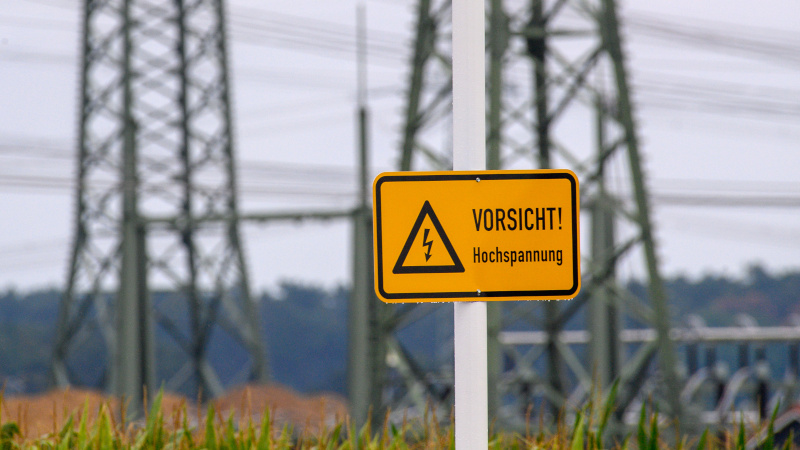Trending
EU at Risk of Another Energy Crisis – Reports

The start of the peak consumption season in the EU amid rising demand from Asia could drive up prices for natural gas on the continent despite ample supply of liquified natural gas (LNG) globally, Oilprice reported this week.
According to the outlet, the situation has been worsened by a range of factors, such as geopolitical tensions, including the recent Houthi ship seizure. Supply-chain challenges, like the restrictions in the Panama Canal and risks in the Suez Canal, have also been causing concerns for global LNG shipping and pricing, the report added.
“Vulnerability to any occurrence that can influence prices was made crystal clear earlier this week when European benchmark prices jumped after the news broke of Houthis seizing a cargo ship in the Red Sea,” Oilprice wrote, noting that the ship was linked to an Israeli company and therefore was widely seen as a sign of a possible escalation of the conflict in the Middle East.
According to the report, citing S&P Global, some experts in the gas trading industry believe LNG prices won’t climb much higher, even in light of rising geopolitical risks in the Middle East.
Other experts reportedly suggest that shipping news has become quite important for all sorts of commodities lately due to restricted movement via the Panama Canal and riskier passage via the Suez Canal as a result of the Israel-Hamas conflict.
Asian buyers of US LNG have also been seeking alternative routes in the wake of the limited movement in the key choke-point between North and South America, which is expected to add to freight rates, the report noted.
“Speaking of supply, it may be plentiful, but as last year’s Freeport outage demonstrated, this abundance is one outage away from a disruption and a price spike,” Oilprice wrote.
The blast at a massive US gas export plant last June shut the facility down for the rest of the year. Freeport, which had accounted for a tenth of European LNG imports before the blast, only reopened in February this year. The force majeure has led to a spike in gas prices on the continent.
With temperatures dropping for winter, gas prices could climb higher in the EU, while global prices may be more resilient, Oilprice concluded.
A warm winter last year and efforts by the EU to build up stocks helped to avoid a recurrence of the 2021 energy crisis, when gas prices in the region spiked over €300 ($320) per megawatt hour following the bloc’s decision to shift away from Russian supplies.
European gas prices were volatile this week as traders weighed higher heating demand in colder weather with still nearly full EU inventories. The front-month Dutch TTF Natural Gas Futures, the benchmark for Europe’s gas trading, were trading 1.3% lower on Wednesday at $44.66 per megawatt-hour as of 11:04am GMT.
Vivek Ramaswamy joins The Alex Jones Show to talk about the populist movement making its way around the globe.
Read the full article here


















